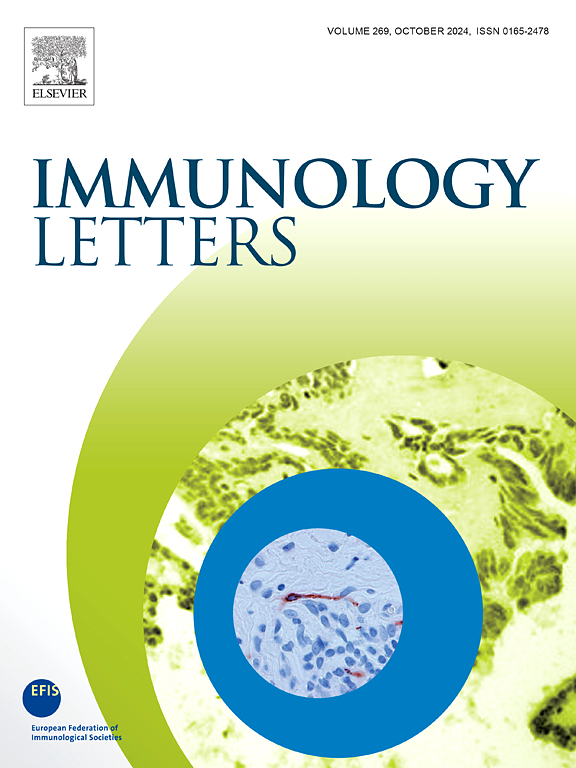过敏研究中的机器学习:文献计量学综述。
IF 2.8
4区 医学
Q3 IMMUNOLOGY
引用次数: 0
摘要
大数据和分析方法的出现启动了研究工作,以表征不同亚型的过敏性疾病,包括跟踪疾病进展和识别可能提供深入了解其发展和进展的模式。通过对多个维度(如基因组、转录组、表观基因组、微生物组和代谢组)之间复杂的相互依赖性进行建模,来自不同数据源和研究类型的三角测量可能有助于在非常个体的水平上阐明变量之间关系的方向性,从而从关联分析转向因果分析。为了确定机器学习在过敏研究中的作用,我们对当前文献进行了全面系统的回顾。这些发现突出并强调了使用AI/ML方法在提高我们对过敏性疾病的理解方面的潜力,并最终通过改进预防、诊断和管理策略来增强患者护理。重要的是要强调没有单一的“最佳”分析方法,强调跨学科合作的重要性。团队科学方法对于确保应用适合手头研究问题的适当方法至关重要,并且在研究过程的前端(例如临床医生)和后端(例如分析人员)进行批判性评估的支持下,正在做出具体情况的解释。本文章由计算机程序翻译,如有差异,请以英文原文为准。
Machine learning in allergy research: A bibliometric review
The emergence of big data and analytic approaches initiated research efforts to characterise different subtypes of allergic diseases, including tracking disease progression and identifying patterns that may offer insight into their development and progression. Triangulation from different data sources and study types may help to elucidate the directionality of relationships between variables at a very individual level by modelling the complex interdependencies between multiple dimensions (e.g., genome, transcriptome, epigenome, microbiome, and metabolome), thereby moving away from associative to a more causal analysis. To ascertain the role of machine learning in allergy research, we conducted a comprehensive systematic review of the current literature. The findings highlight and underscore the potential of using AI/ML approaches in advancing our understanding of allergic diseases, which ultimately enhances patient care through improved prevention, diagnosis, and management strategies. It is important to emphasise that there is no single ‘best’ analytical method, highlighting the importance of cross-disciplinary collaborations. A team science approach is crucial for ensuring the application of appropriate methodologies tailored to the research question at hand and that context-specific interpretations are being made, supported by critical appraisal from both the front- (e.g., clinicians) and back-end (e.g., analysts) of research processes.
求助全文
通过发布文献求助,成功后即可免费获取论文全文。
去求助
来源期刊

Immunology letters
医学-免疫学
CiteScore
7.60
自引率
0.00%
发文量
86
审稿时长
44 days
期刊介绍:
Immunology Letters provides a vehicle for the speedy publication of experimental papers, (mini)Reviews and Letters to the Editor addressing all aspects of molecular and cellular immunology. The essential criteria for publication will be clarity, experimental soundness and novelty. Results contradictory to current accepted thinking or ideas divergent from actual dogmas will be considered for publication provided that they are based on solid experimental findings.
Preference will be given to papers of immediate importance to other investigators, either by their experimental data, new ideas or new methodology. Scientific correspondence to the Editor-in-Chief related to the published papers may also be accepted provided that they are short and scientifically relevant to the papers mentioned, in order to provide a continuing forum for discussion.
 求助内容:
求助内容: 应助结果提醒方式:
应助结果提醒方式:


